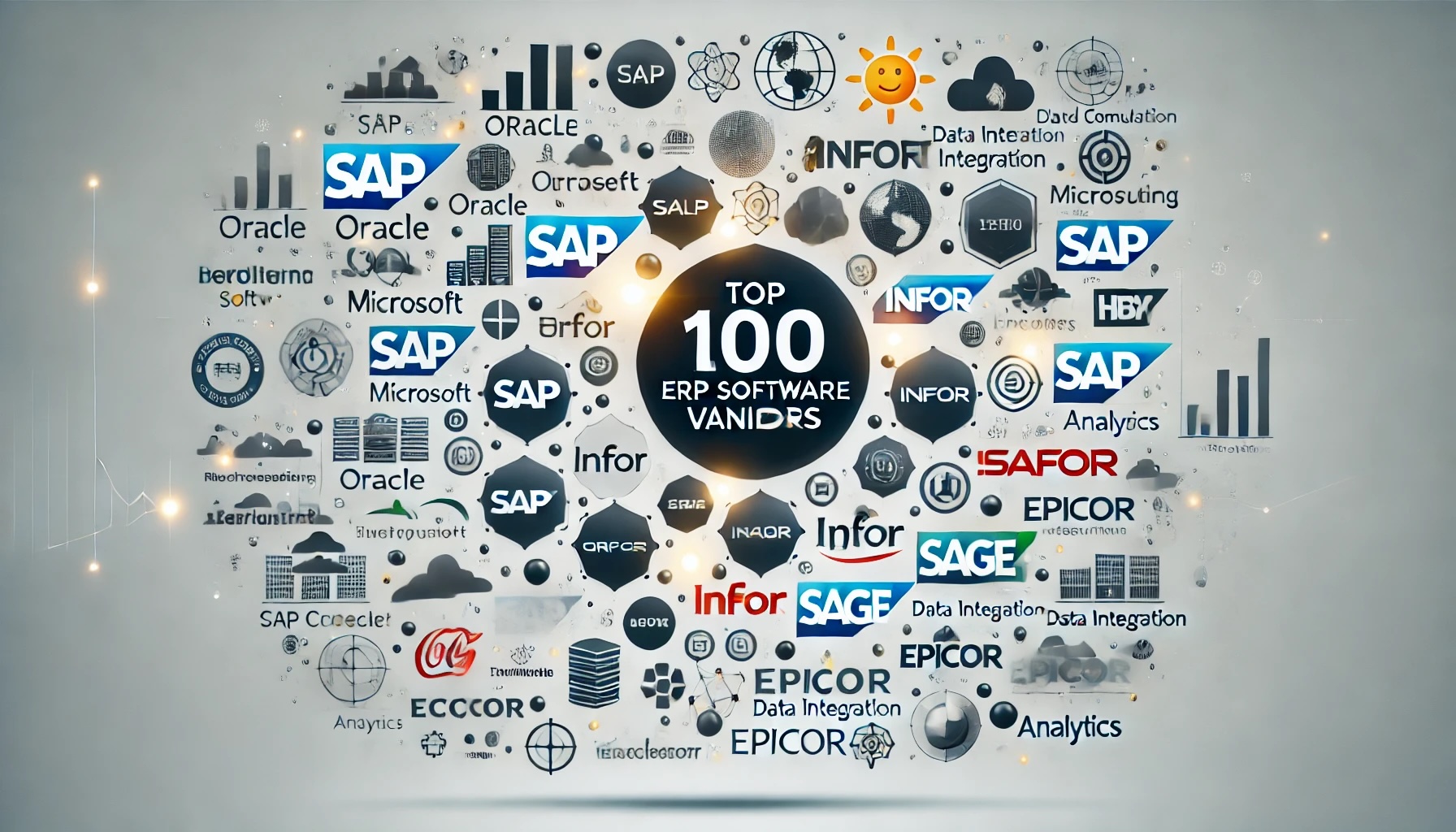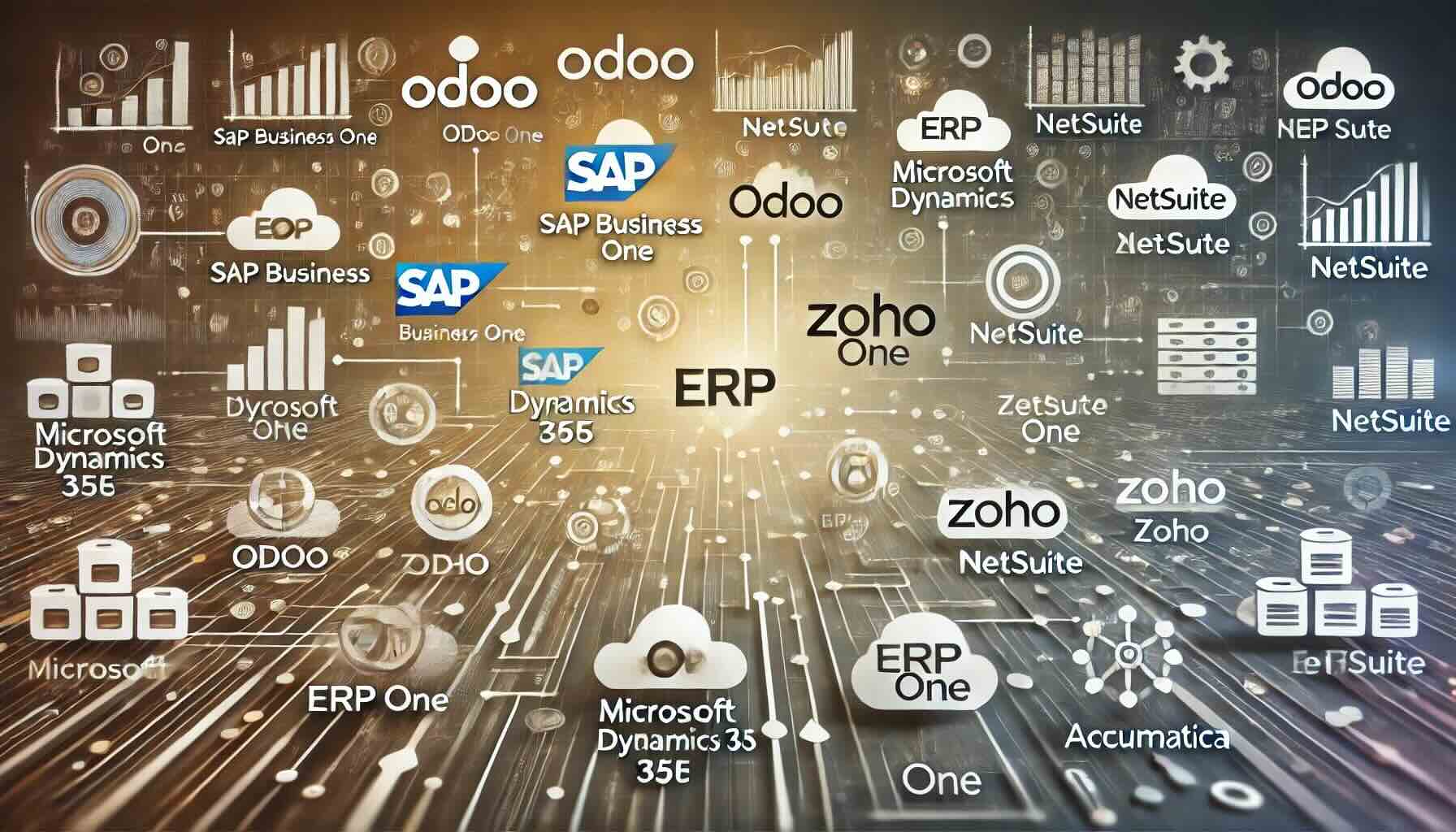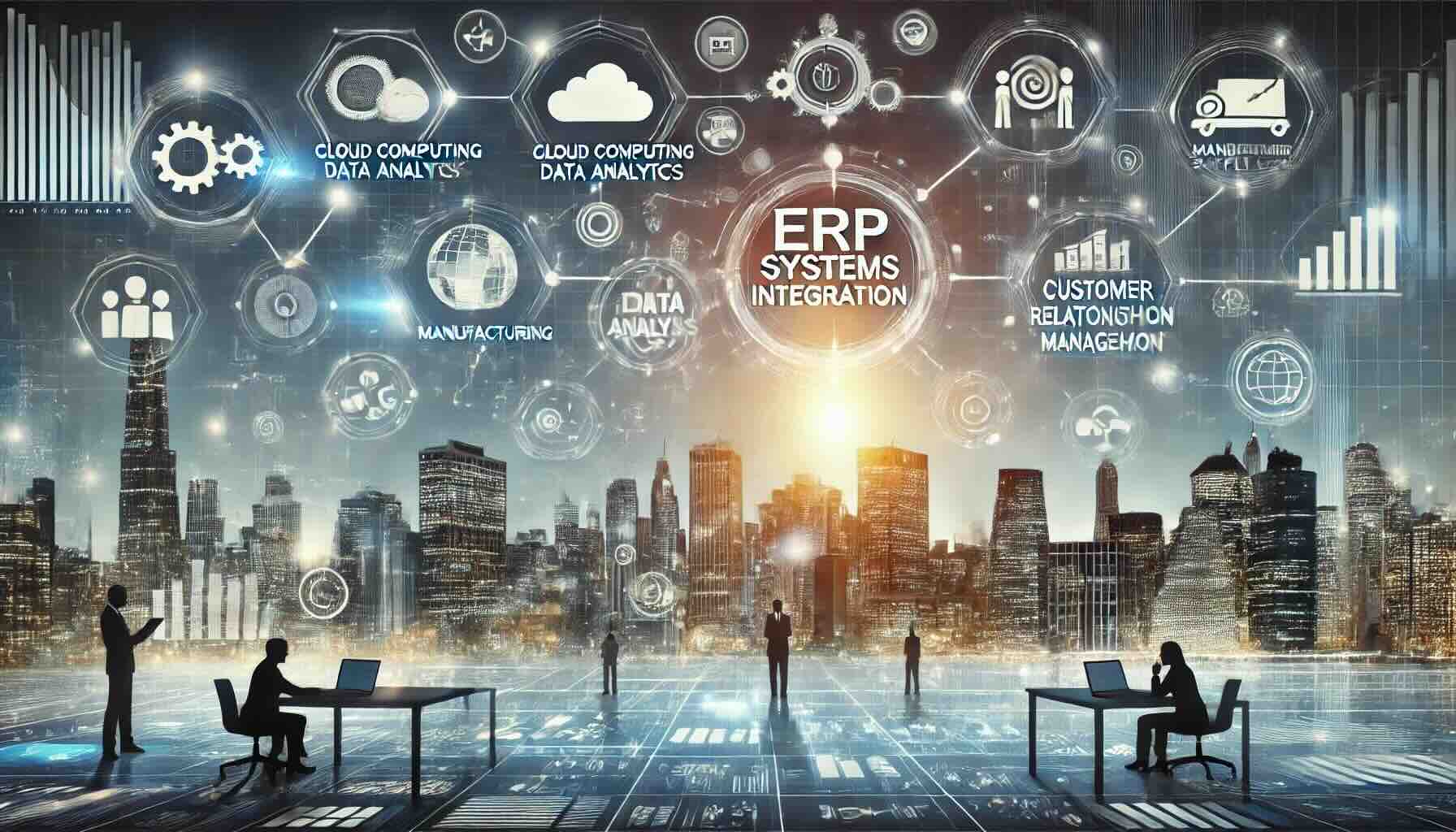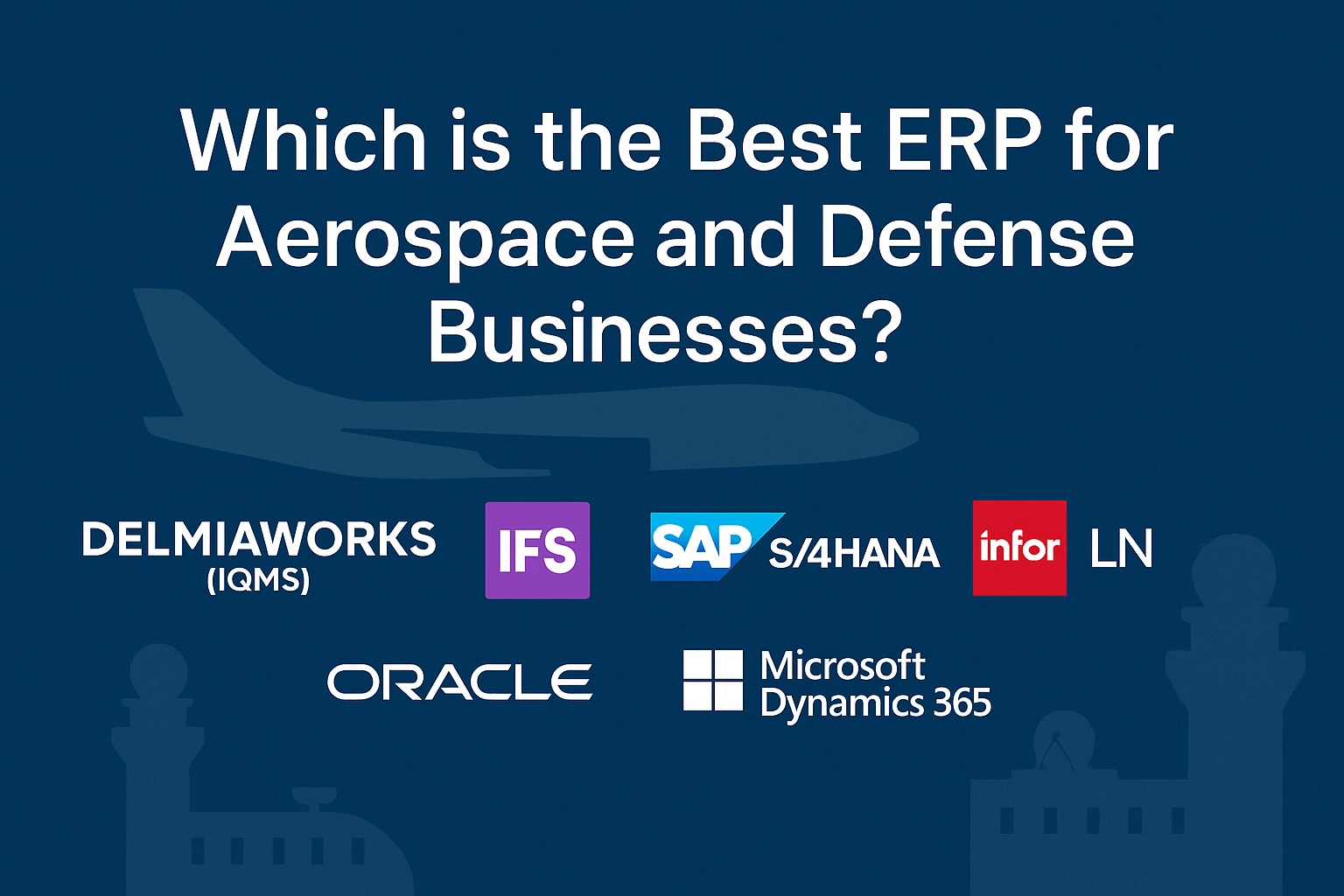Compare the Best ERP for Gaming Businesses
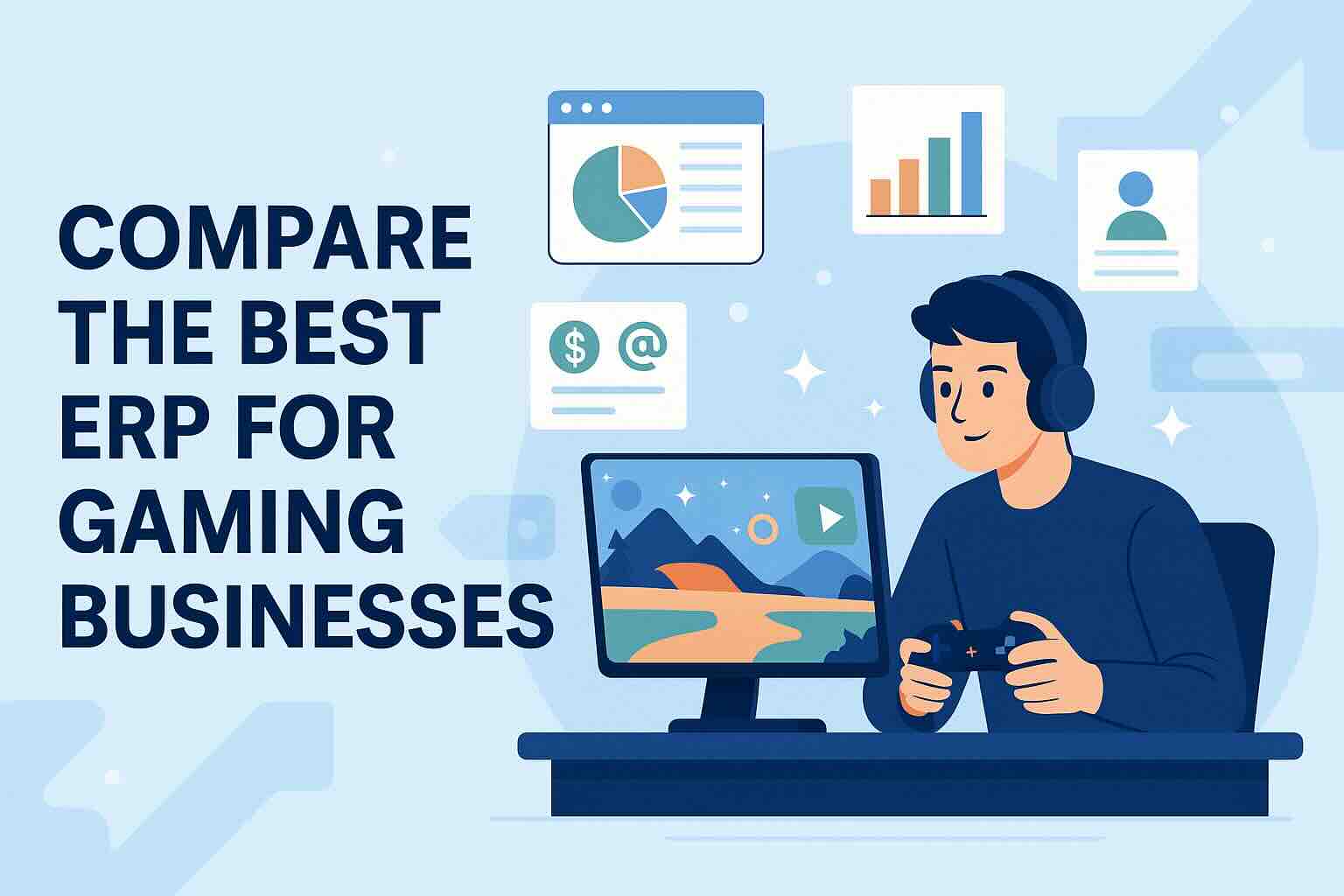
The gaming industry has transformed into one of the fastest-growing global markets, with billions of players worldwide and revenues surpassing film and music combined. Behind the creativity and entertainment lies a business reality: studios and publishers must manage complex operations including finance, supply chain, marketing, customer support, and analytics. To remain competitive, many gaming businesses are turning to Enterprise Resource Planning (ERP) systems.
In this article, we will compare ERP for gaming by analyzing the strengths and weaknesses of five leading vendors: SAP S/4HANA, Oracle Cloud, Infor, Microsoft Dynamics 365, and NetSuite. Each solution offers unique benefits, and the right choice depends on your company’s size, goals, and budget.
Why ERP Matters for Gaming Businesses
Unlike traditional industries, gaming companies must balance both digital product management and live operations. A new release may generate millions of users overnight, creating sudden spikes in demand for support, servers, and payment processing. On top of that, studios often operate globally, dealing with multiple currencies, tax jurisdictions, and regional regulations.
An ERP system helps gaming businesses by:
-
Centralizing operations across finance, HR, sales, and supply chain.
-
Providing real-time data on revenue, user behavior, and costs.
-
Improving compliance with international accounting and data privacy laws.
-
Enhancing decision-making through analytics and AI-powered insights.
With the right ERP, gaming companies can scale faster, respond to player demands quickly, and maximize profitability.
SAP S/4HANA
Strengths
-
Comprehensive functionality across finance, HR, CRM, and supply chain.
-
Real-time analytics that provide insights into player engagement and sales.
-
Global capabilities, with multilingual and multi-currency support.
-
Proven track record in gaming and esports, such as ESL using SAP S/4HANA Cloud to streamline financial reporting.
Weaknesses
-
High cost of licensing, implementation, and maintenance.
-
Complex setup that requires specialized consultants.
-
Steep learning curve, demanding significant user training.
SAP S/4HANA is best suited for large or international gaming companies that need robust, enterprise-grade functionality.
To find out more about SAP S/4HANA, you can visit this link.
Oracle Cloud
Strengths
-
End-to-end suite covering finance, HR, customer service, and supply chain.
-
Scalability to support both startups and large enterprises.
-
Advanced security features, essential for protecting player data.
-
Real-time analytics, enabling data-driven decisions.
Weaknesses
-
High investment in licenses and implementation.
-
Customization challenges that may require extra development.
-
Longer deployment times compared to lighter solutions.
Oracle Cloud works well for established publishers that prioritize scalability, compliance, and security.
To find out more about Oracle Cloud, you can visit this link.
Infor
Strengths
-
Industry-specific solutions, including features for content management and customer engagement.
-
Cloud-based platform, offering flexibility and scalability.
-
Strong integration with other gaming tools and third-party apps.
-
User-friendly interface with shorter training requirements.
Weaknesses
-
Costly subscription fees that add up over time.
-
Initial setup complexity, often needing IT specialists.
-
Customer support concerns, with some reports of slow responses.
Infor is a good choice for mid-sized gaming businesses seeking industry-focused tools without the heavy overhead of SAP or Oracle.
To find out more about Infor, you can visit this link.
Microsoft Dynamics 365
Strengths
-
Seamless integration with Microsoft tools like Office 365, Power BI, and Azure.
-
Intuitive interface, making adoption easier for teams.
-
Extensive customization options to tailor workflows.
-
Scalable architecture, suitable for startups and enterprises alike.
Weaknesses
-
Costly subscriptions and implementation.
-
Complex deployment, often requiring consultants.
-
Integration challenges with non-Microsoft platforms.
Dynamics 365 fits gaming companies already using Microsoft ecosystems, offering smooth compatibility and powerful analytics.
To find out more about Microsoft Dynamics 365, you can visit this link.
NetSuite
Strengths
-
Comprehensive functionality across finance, inventory, order management, and CRM.
-
Cloud-native solution, ideal for fast-growing companies.
-
Real-time dashboards for revenue, player activity, and operations.
-
User-friendly interface, accessible across departments.
Weaknesses
-
High subscription fees can be a burden for smaller studios.
-
Complex implementation requiring external expertise.
-
Customization limits that may need additional development.
NetSuite is especially popular with mid-sized and fast-scaling gaming studios, thanks to its cloud flexibility and real-time insights.
To find out more about NetSuite, you can visit this link.
Conclusion
When comparing ERP for gaming businesses, there is no “one-size-fits-all” solution.
-
SAP S/4HANA is best for global enterprises needing advanced analytics and compliance.
-
Oracle Cloud delivers scalability and top-tier security for large publishers.
-
Infor provides industry-specific tools for mid-sized studios.
-
Microsoft Dynamics 365 suits companies embedded in Microsoft’s ecosystem.
-
NetSuite shines for fast-growing, cloud-focused businesses.
Before choosing, evaluate your budget, growth plans, and existing tech stack. A well-implemented ERP can give your gaming business a competitive edge, helping you manage operations seamlessly while focusing on delivering great gaming experiences.
Try Compare ERP
Choosing the right ERP can transform your business. With our AI-powered Compare ERP tool, you can quickly explore and compare solutions tailored to your needs. Get a personalized recommendation in less than five minutes.
Our advanced engine analyzes millions of data points across 100+ ERP solutions, delivering your top three picks based on your business priorities. Best of all, it’s completely free.
Take the first step toward streamlining operations and boosting productivity and start comparing today.


